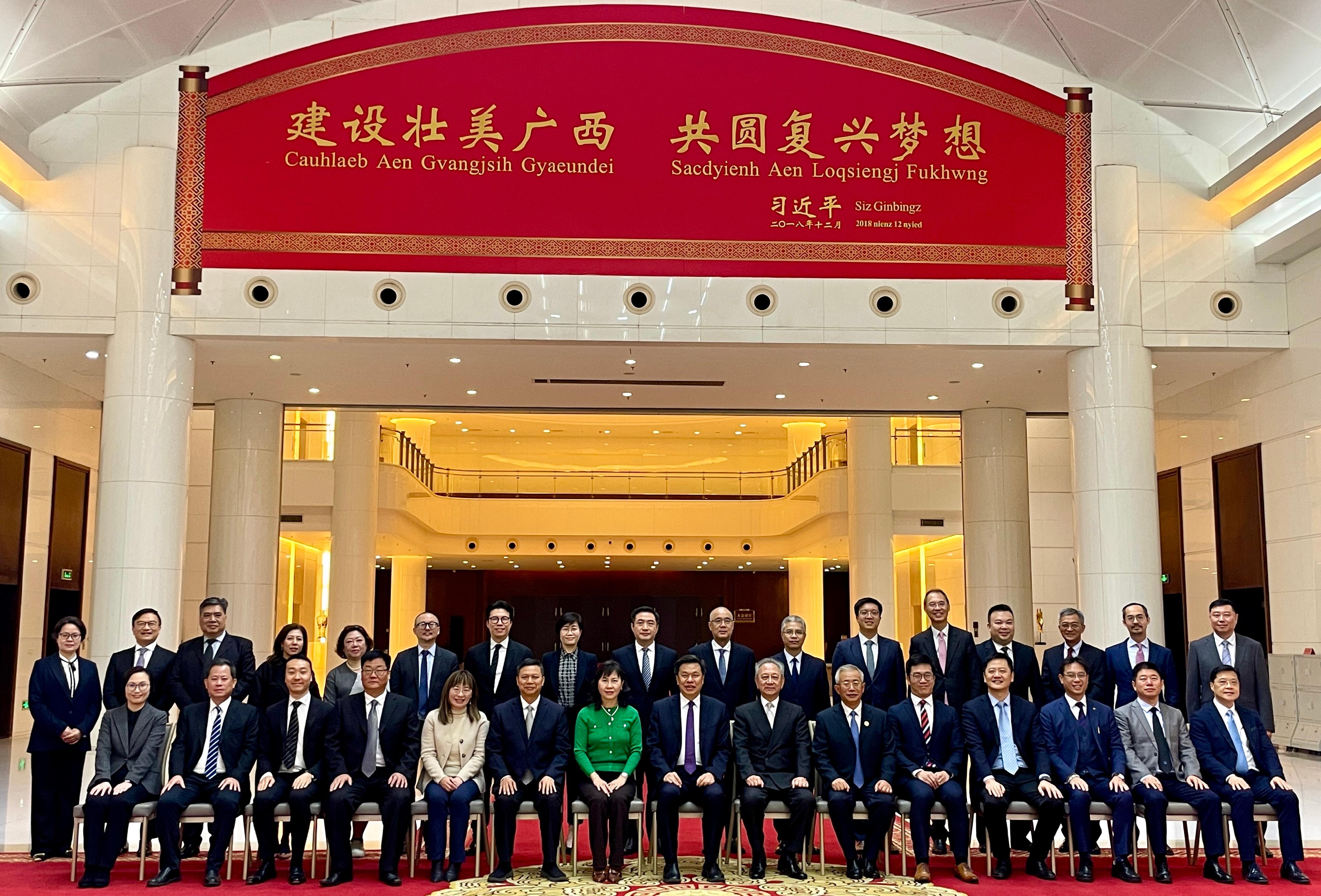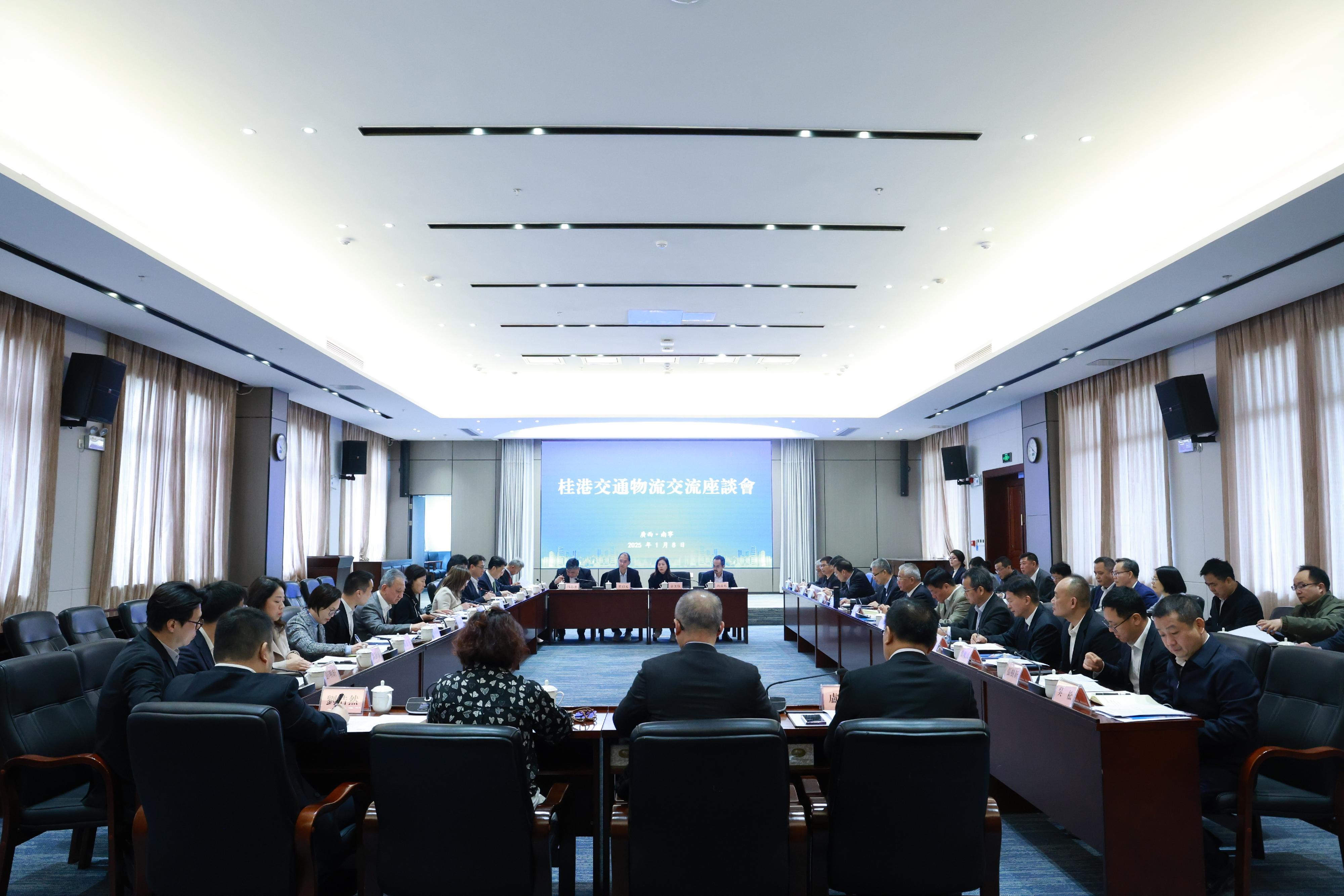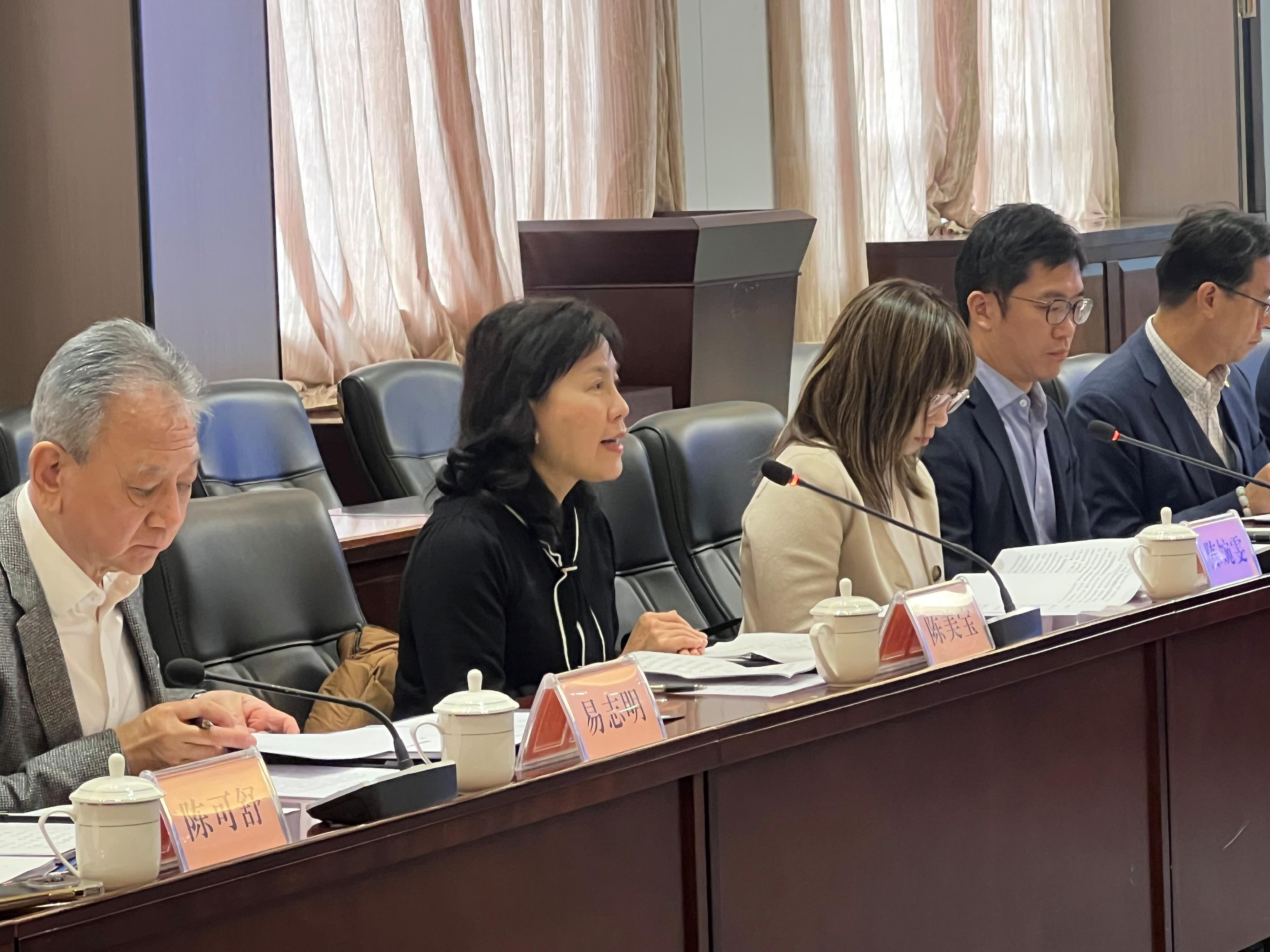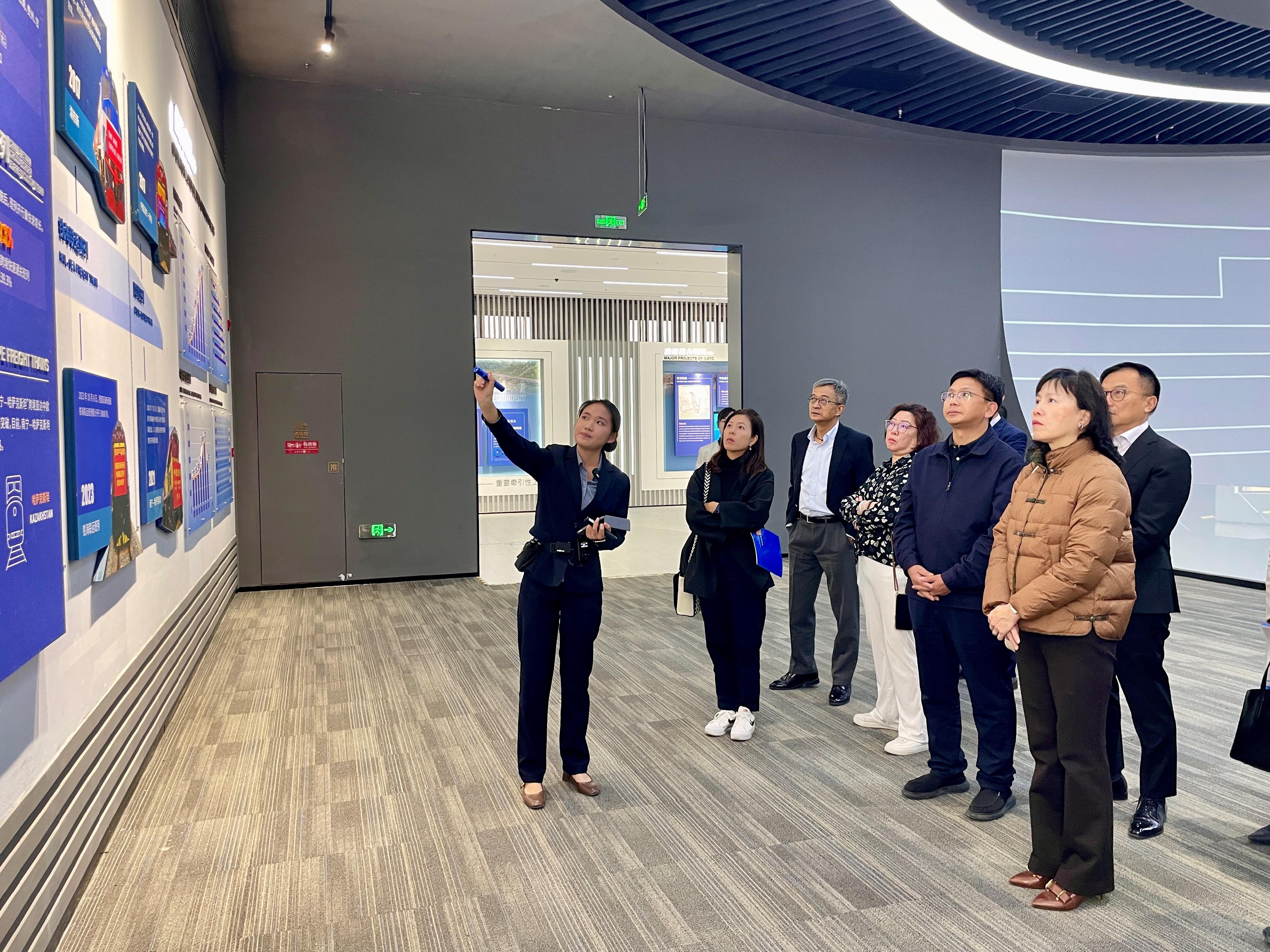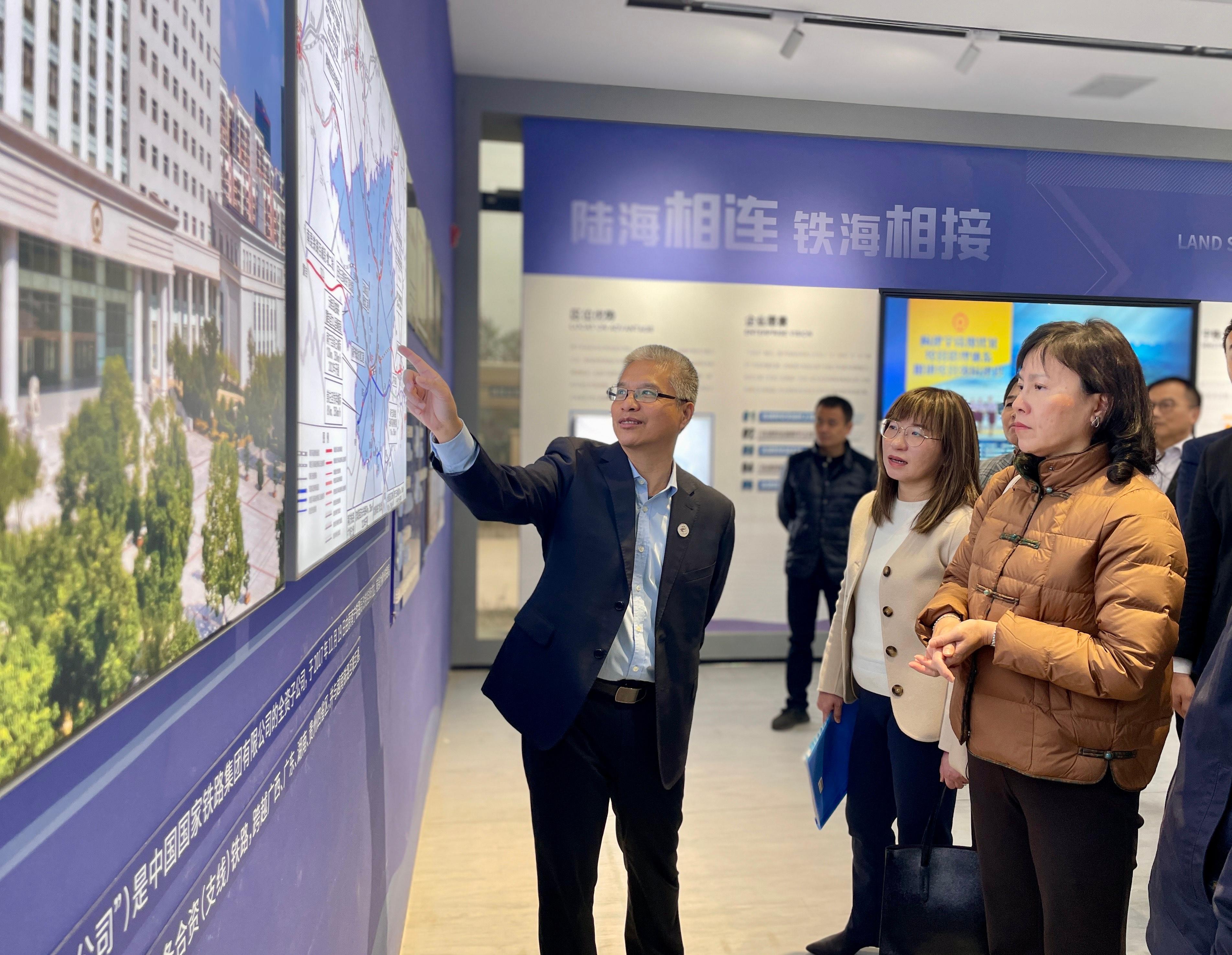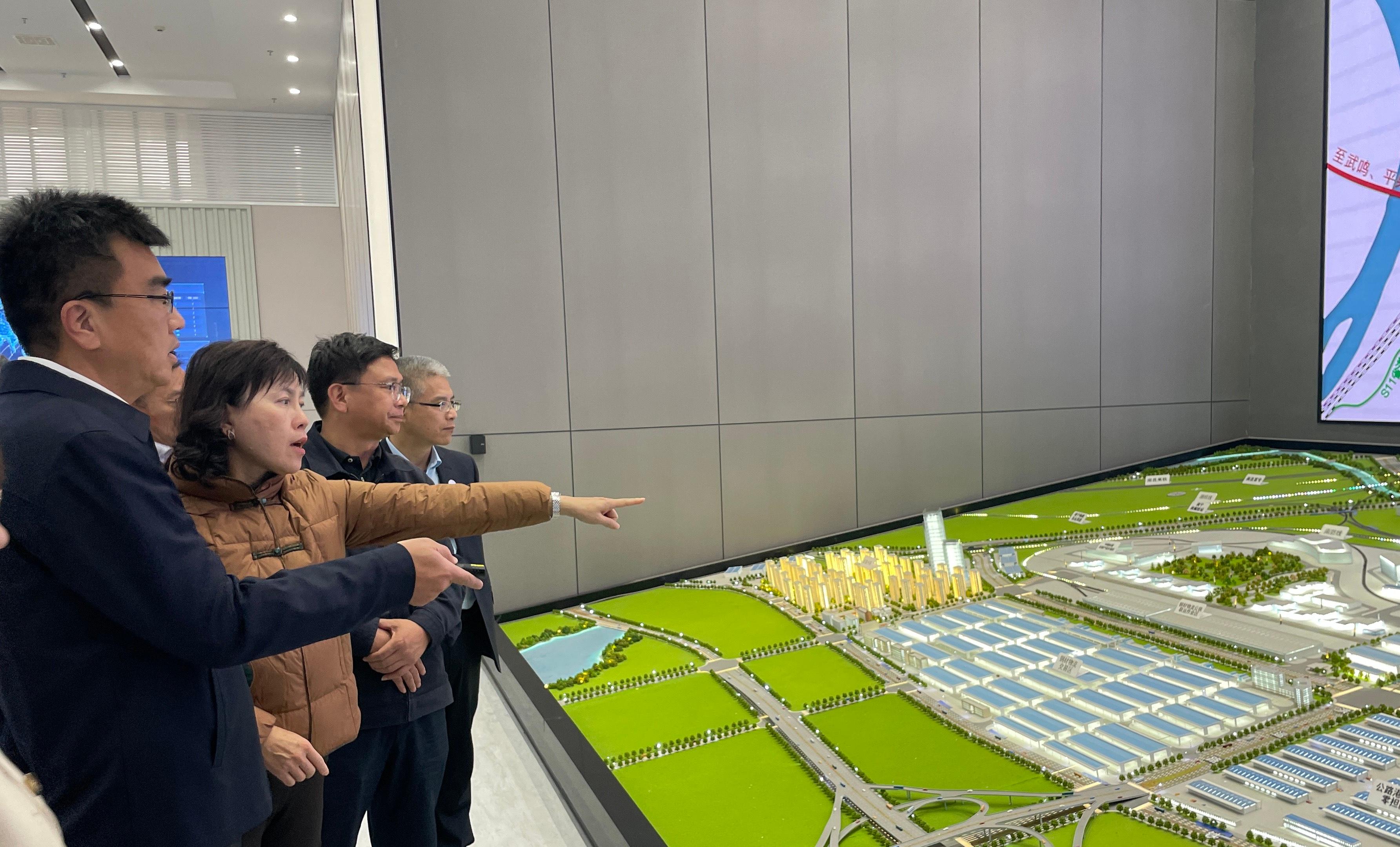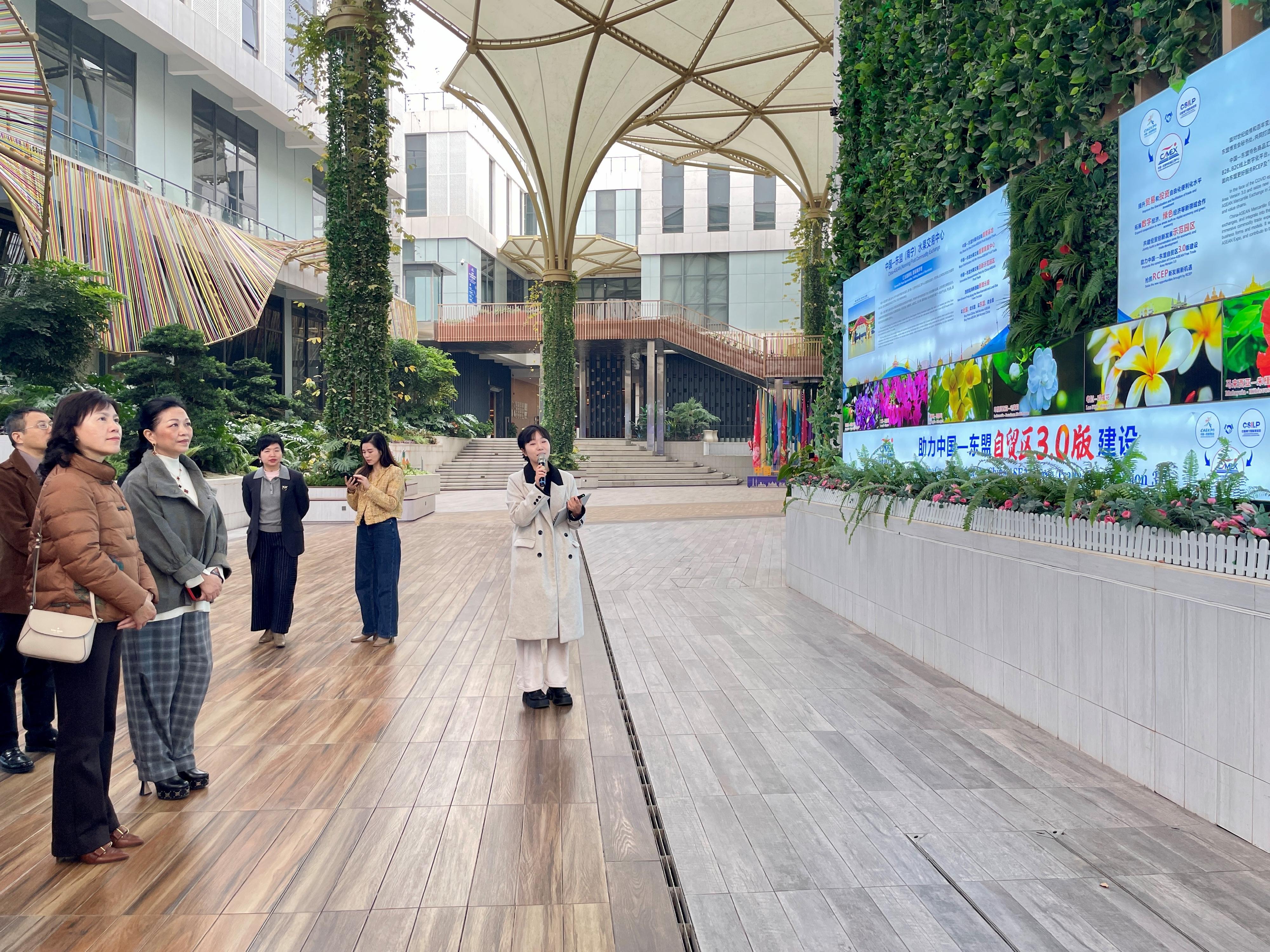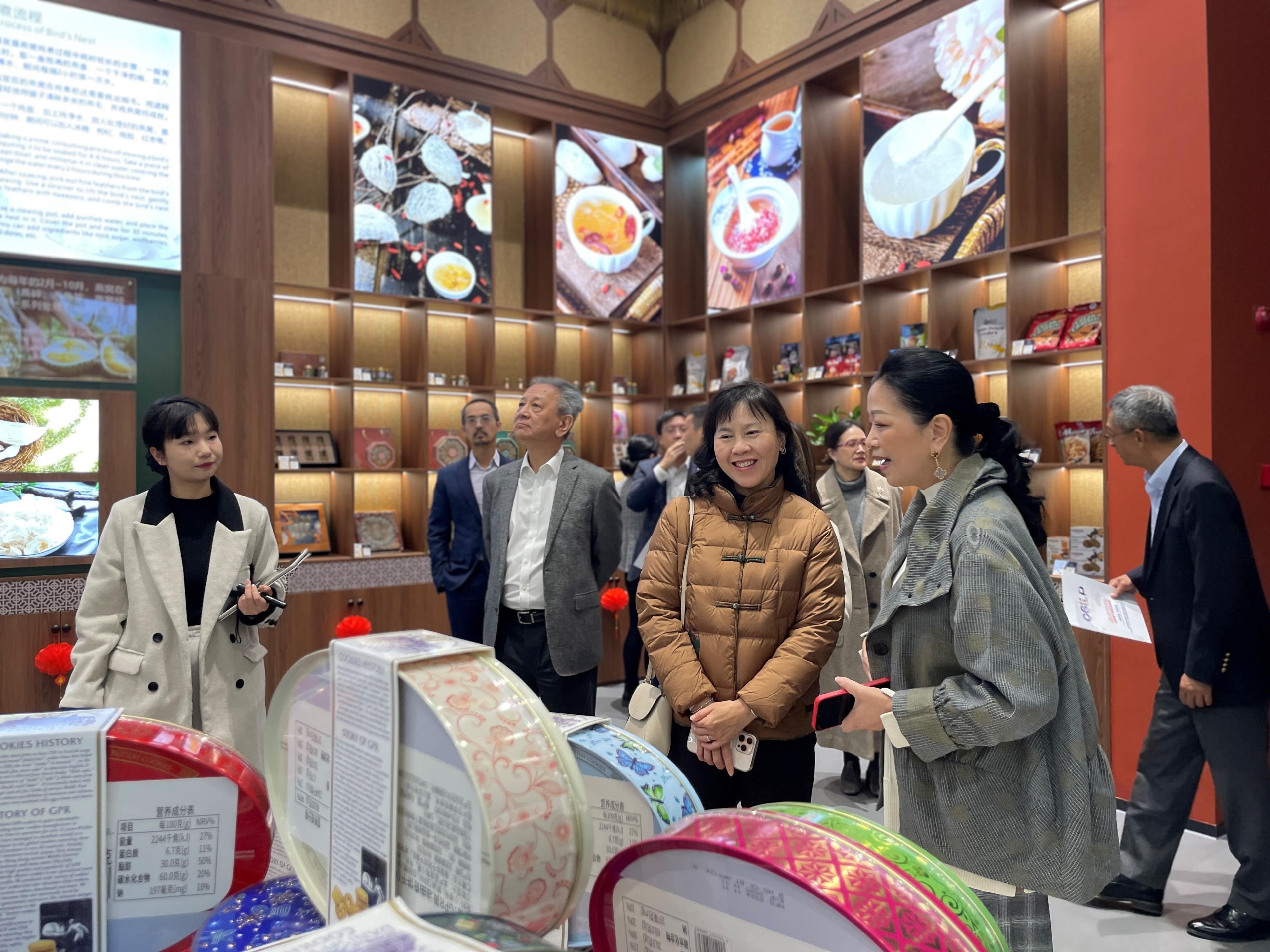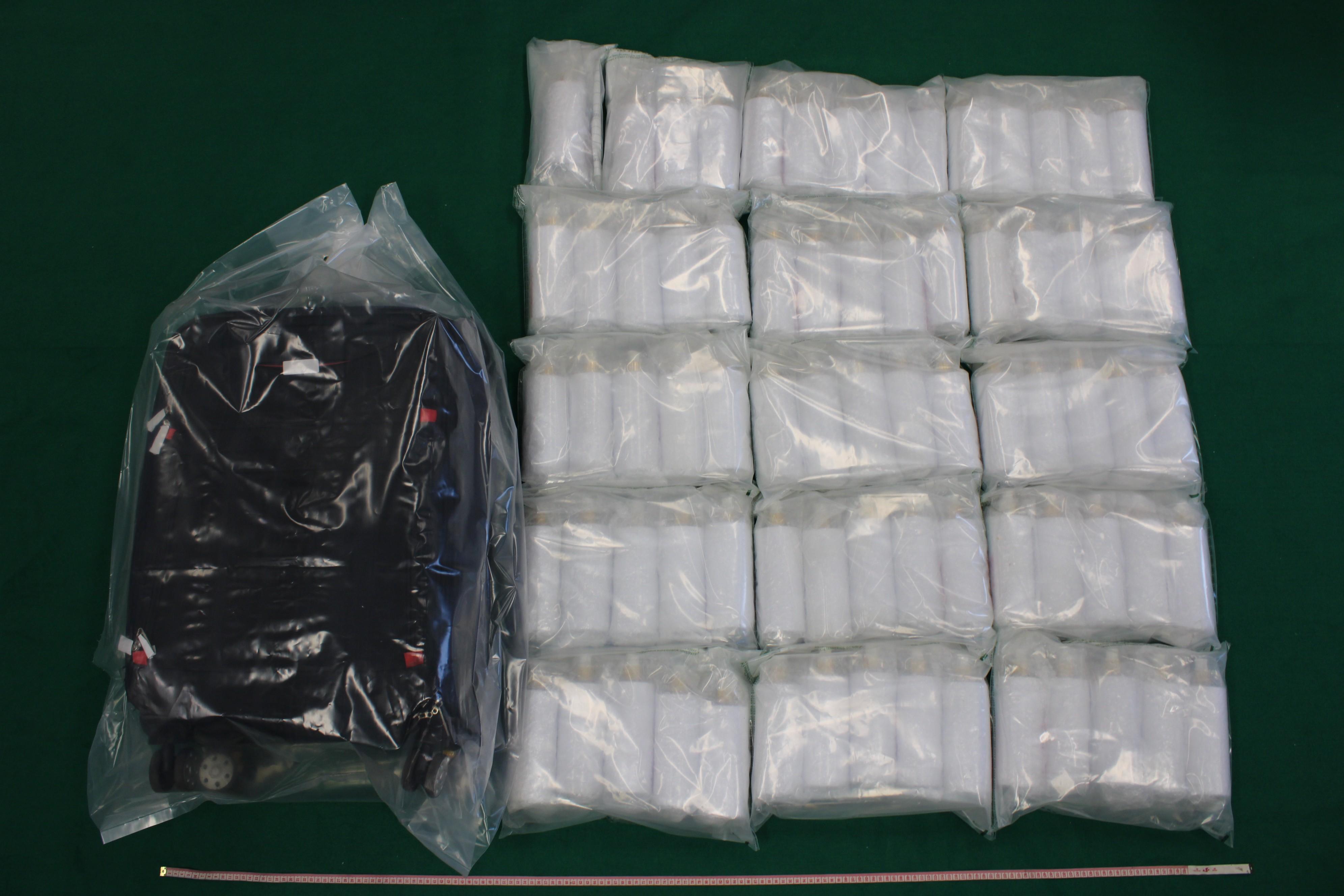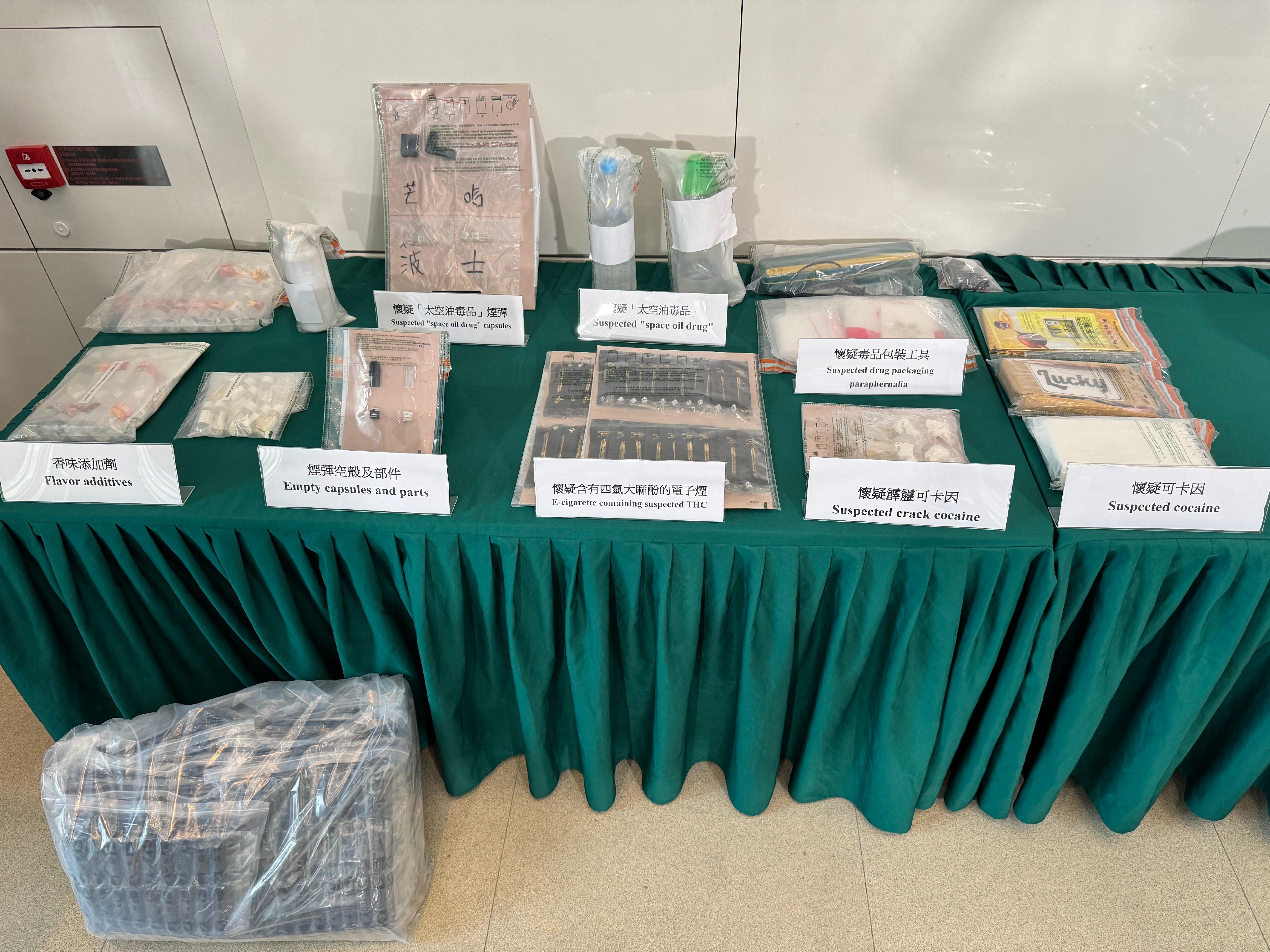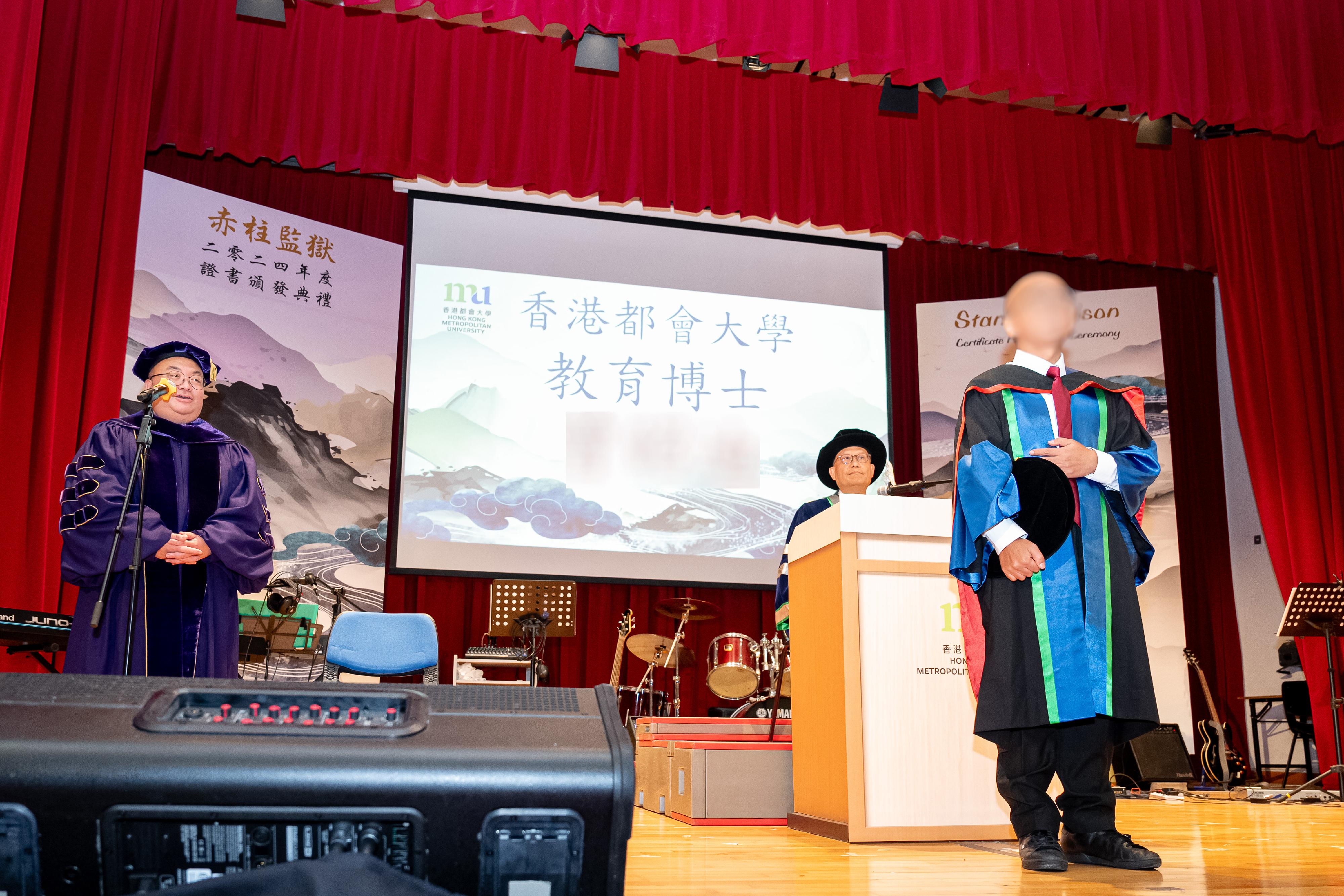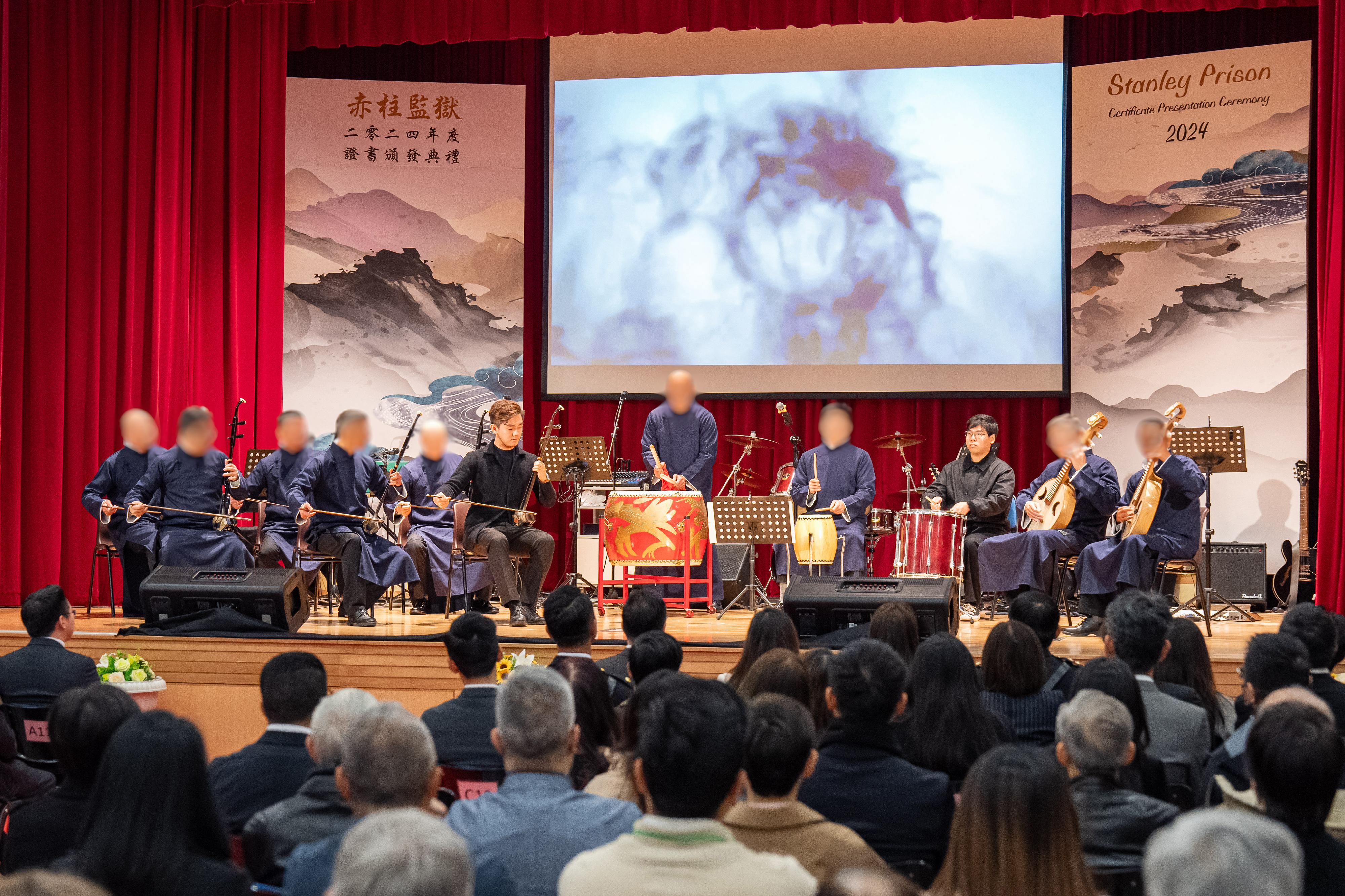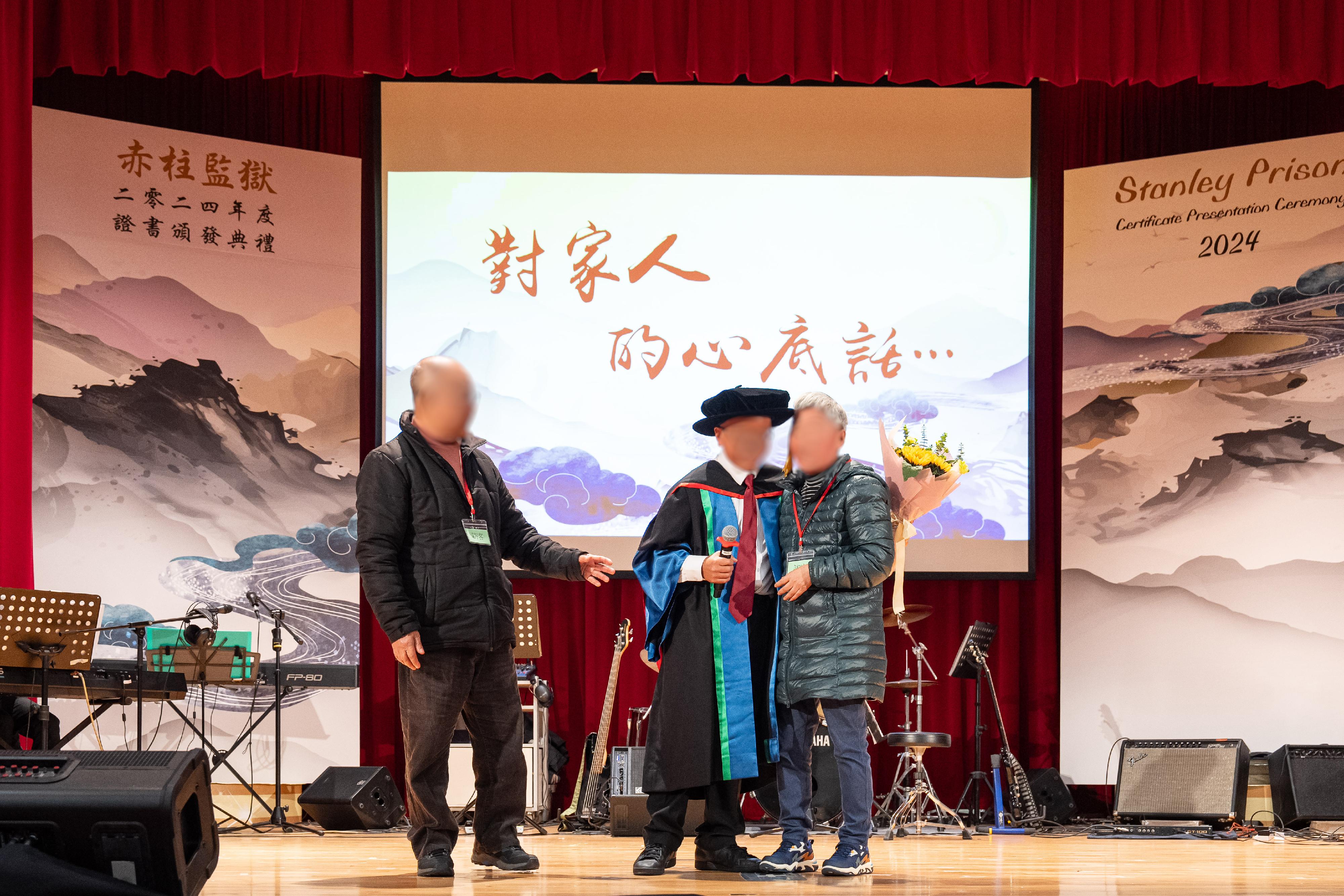Following is a question by Reverend Canon the Hon Peter Douglas Koon and a written reply by the Secretary for Health, Professor Lo Chung-mau, in the Legislative Council today (January 8):
Question:
It has been reported that according to the information from the Dental Council of Hong Kong (DCHK), the dentist-to-population ratio in Hong Kong is relatively low, with an average of only about 3.7 dentists per 10 000 citizens, lagging behind many developed countries and the Mainland. In addition, the results of the latest round of healthcare manpower projection conducted by the Hospital Authority indicate a manpower gap of 210, 180 and 120 dentists respectively in this year, 2030 and 2035, and the situation is worrying. In this connection, will the Government inform this Council:
(1) as there are views pointing out that the serious wastage of government dentists is mainly attributed to the fact that the remuneration of government dentists is far inferior to that of private dentists, whether the Government will, by drawing reference from the situation in the private market, review the existing grade structure, remuneration package and progression pathway of government dentists, so as to attract and retain dental talents to serve in the Government; if so, of the details; if not, the reasons for that;
(2) as it is learnt that non-locally trained dentists are currently required to pass the Licensing Examination (LE) of DCHK before they can register and practise in Hong Kong, but the passing rate of LE is on the low side, whether the Government will review the existing assessment system for overseas dentists seeking to practise in Hong Kong, and suitably increase the frequency of LE or simplify LE, so as to allow more overseas-trained dentists to practise in Hong Kong, and to ensure that the relevant measures can truly increase the manpower supply of dentists; if so, of the details; if not, the reasons for that; and
(3) given that in the reply to my question on the Estimates of Expenditure 2024-2025, the Secretary for Health has indicated that the Government cannot solely rely on increasing the number of local training places to address the imminent shortage of dentists, but there are views that in the long run, the Government should still adopt a multi-pronged approach to actively train up local dentists, whether the Government will allocate additional resources to motivate more institutions (including collaborating with institutions in the Guangdong-Hong Kong-Macao Greater Bay Area) to offer dental degree courses, and continuously increase the number of places of the undergraduate programme in dentistry offered by the University of Hong Kong; if so, of the details; if not, the reasons for that?
Reply:
President,
The reply in response to the question raised by Reverend Canon the Hon Peter Douglas Koon is as follows:
(1) Dental staff employed by the Government are primarily engaged in providing dental benefits the Government is obliged as an employer to offer to civil servants/pensioners and their eligible dependents under the civil service terms of appointment, as well as school dental care services to students, free emergency dental services (generally referred to as General Public Sessions) to the public, and oral and maxillofacial surgery and specialist dental treatment to in-patients, patients with special oral care needs and patients with dental emergencies. In comparison, the private sector and non-governmental organisations mainly focus on personalised and comprehensive dental treatment to meet the individual needs of patients.
The Department of Health (DH) has all along been taking measures to encourage dentists to join the Government by, for example, providing more opportunities for continuing education, specialist training and promotion, etc. The DH selects officers for promotion on the basis of their integrity, ability and experience as well as the qualifications prescribed for the promotion rank. The DH has also made use of the Post-retirement Service Contract Scheme to retain talents who wish to continue to serve the public. The nature of work of Government dentists is different from that of dentists in the private sector and their remuneration cannot be compared.
The DH regularly organises talks and briefing sessions for graduating students of the Faculty of Dentistry of the University of Hong Kong (HKU) to introduce training and career opportunities of the post of Dental Officers (DOs) to attract more fresh graduates to apply for the post. In 2024, there were a total of 50 new recruits, 80 per cent of whom were fresh graduates. To attract more prospective candidates to apply for DOs, the DH has been launching year-round recruitment from 2021, granting incremental credits based on the work experience of candidates and exercising flexibility in the language proficiency requirement for appointment. Apart from civil service recruitment, the DH accepts applications for non-civil service contract positions throughout the year from persons with relevant professional qualifications, with a view to attracting a wider pool of suitable talents.
(2) At present, there are two ways for non-locally trained dentists to practise in Hong Kong:
(i) Non-locally trained dentists are allowed to register and practise in Hong Kong through the Licensing Examination (LE) organised by the Examination Committee of the Dental Council of Hong Kong (DCHK). Starting from 2015/16, the number of LE has been increased from once to twice per year. In the past five years, an average of 25 persons passed the examination each year. The DCHK reviews the examination policy from time to time, including the format and standard of the LE.
(ii) With effect from January 1, 2025, the Dentists Registration Ordinance (DRO) (Cap. 156) has introduced an additional mechanism for non-locally trained dentists to practise and register without taking examinations. Non-locally trained dentists selected for full-time employment by specified institutions including the DH, the Hospital Authority, the HKU and the Prince Philip Dental Hospital may submit applications for limited registration or special registration to the DCHK. Upon approval, they may work directly in the aforementioned specified institutions without sitting the LE. This arrangement will help meet the demand for local dental services.
(3) Regarding the training of local dentists, the Government has all along been keeping in view the service demand and manpower situation to timely adjust the strategy in ensuring the sufficient supply of dentists, including planning the number of training places on a regular basis according to manpower projections. The Government has increased the number of first-year-first-degree training places of the University Grants Committee-funded bachelor programme in dentistry on four occasions. The number increased from 50 per year in the 2009/10 academic year to 90 in the 2024/25 academic year, representing an increase of 80 per cent. However, lead time is required for training local dentists, and there are also practical constraints in expanding teaching manpower and facilities. As for the suggestion of launching new dentistry degree programmes, it involves major policy considerations and substantial resources and will not be able to address the shortage of dentists within a short period of time. Hence, the Government currently does not have such plans. It is impractical to rely solely on increasing the number of local training places to solve the problem of manpower shortage. Therefore, the Government has continuously adopted a multi-pronged approach to ensure sufficient manpower to support local public or subsidised dental care services.
Under the premise that professional standards and patients' wellbeing are maintained, the Government provides different pathways for admitting qualified non-locally trained dentists. Apart from the LE organised all along by the DCHK, new pathways of limited registration and special registration have also been introduced. In particular, the DH has initiated the recruitment of non-locally trained dentists and received over 90 applications in total. Interviews have been completed now and initially more than 10 qualified non-locally trained dentists have been selected, and conditional offers are being issued gradually. They may join the DH upon completion of their applications to the DCHK and issuance of limited registration or special registration. The DH will closely liaise with the DCHK and strive to introduce the first batch of non-locally trained dentists to serve in Hong Kong in the first quarter of 2025.
Furthermore, the Government set up the Working Group on Oral Health and Dental Care in December 2022 to review existing services and formulate strategies and recommendations for future development, and published the Final Report on December 6, 2024. The Report concluded that ancillary dental workers (to be retitled as dental care professionals (DenCPs) upon the relevant amendments to the DRO taking effect), comprising dental hygienists and dental therapists, could play a significant role in primary oral healthcare. Based on the risk-based principle and after consultation with the profession and relevant stakeholders, the amended DRO will suitably adjust the scope of practice of dental hygienists and dental therapists to enable them, upon training, to carry out certain lower-risk preventive dental care (e.g. oral examination, education, teeth cleaning and polishing, fluoride application) without the presence of a dentist, and perform scaling in accordance with the directions of a dentist who is present in the same premises. Dental therapists may also perform basic curative dental care (e.g. filling, extraction) in accordance with the directions of a dentist who is present in the same premises, enabling dentists to focus on more complex dental treatments. To strengthen the training for local DenCPs, the Government has increased the training places of dental hygienists and dental therapists to nearly double from 95 in the 2023/24 academic year to 185 in the 2024/25 academic year. The Government will gradually increase training places to expand the DenCPs workforce and enhance the overall capacity for oral health and dental care services.

